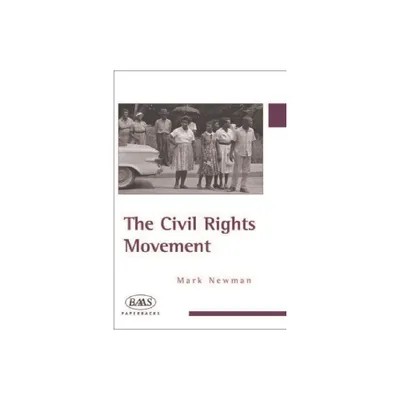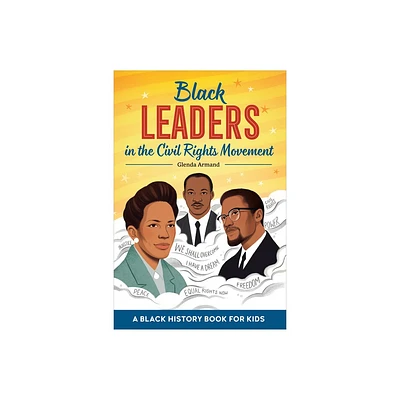Home
Southern Hospitality: Identity, Schools, and the Civil Rights Movement in Mississippi, 1964-1972
Loading Inventory...
Barnes and Noble
Southern Hospitality: Identity, Schools, and the Civil Rights Movement in Mississippi, 1964-1972
Current price: $37.85


Barnes and Noble
Southern Hospitality: Identity, Schools, and the Civil Rights Movement in Mississippi, 1964-1972
Current price: $37.85
Loading Inventory...
Size: OS
*Product Information may vary - to confirm product availability, pricing, and additional information please contact Barnes and Noble
In
Southern Hospitality,
an ethnography of Holly Springs, Mississippi (1964-1972), schools play an important part in the formation of black identity during desegregation in the South. The civil rights movement left a leadership void as the public space of black leaders – the segregated schools – disappeared as did the identification with the «Southern Negro» collective of the segregated South. This transformation occurs against the backdrop of the psychological struggle between the individual’s role as a member of that black collective, and the opportunity, secured from the federal government, to advance and integrate into the larger society, thereby fulfilling the «American Dream». Federal change agents did not foresee the erosion of black power and the resegregation of the public schools as whites left the neglected public schools for white academies.
Southern Hospitality,
an ethnography of Holly Springs, Mississippi (1964-1972), schools play an important part in the formation of black identity during desegregation in the South. The civil rights movement left a leadership void as the public space of black leaders – the segregated schools – disappeared as did the identification with the «Southern Negro» collective of the segregated South. This transformation occurs against the backdrop of the psychological struggle between the individual’s role as a member of that black collective, and the opportunity, secured from the federal government, to advance and integrate into the larger society, thereby fulfilling the «American Dream». Federal change agents did not foresee the erosion of black power and the resegregation of the public schools as whites left the neglected public schools for white academies.


















